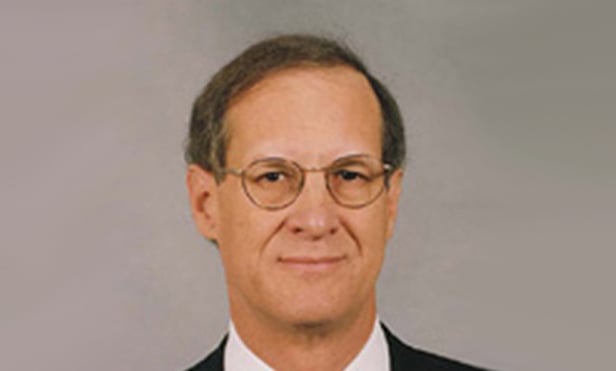
It seems likely that GDP for Q2 will be 2.5% -3.0% at best and maybe closer to 2.5%. Not what we hoped, but not bad. A lot will depend on what the Republicans do with repeal and replace. Not that the vote itself will make a material change in GDP in the very short run, but the politics of the nation will be decided on this vote. If the Republicans cannot approve some bill, and replace Obamacare, then nobody will think they can accomplish anything and 2018 will be up for grabs.
The only thing saving the Republicans, if they fail to pass, is the Democrats have absolutely nothing to offer including decent candidates. We will basically have a deadlocked and useless Congress. Voters will be fed up with all of them and very likely many will just sit out the next election figuring why bother. The situation in DC is now simply disgusting, stupid and a real detriment to the economy. Jamie Dimon had it right, the private sector is moving ahead despite Washington, but could do far better if Congress actually did something like tax reform. If repeal and replace dies, then most will question if tax reform, repatriation and infrastructure can really happen.
So while values are probably at full price or higher, and transaction volume is lower, there seems no reason to fear a material downturn in the short run. Office absorption is minimal in many markets, hotel occupancy is slightly down and RevPAR is barely at inflation, apartments are now overbuilt or at equilibrium in many markets, and retail is trying to reinvent itself. Other than retail, things are mainly bumping along OK for now. There is, for the most part, not excessive leverage in the system, rates will remain low for well into next year, and most buildings have a positive cash flow. Development in most markets is not out of control, and there is a massive amount of cash sloshing around to be employed should prices drop from here. Debt is still readily available for good deals. Most important, lenders are in very good shape and not burdened with large portfolios of bad loans. Almost all of the crap has been sold or worked out, so there is no real overhang of bad deals.
With the rest of the world seeming to be stabilizing and growing to some degree, we are not likely to see a recession or financial calamity for maybe several years. While the ECB, or BOJ may raise rates over the next several months, it will not have a negative impact because rates will still be historically low and it will suggest economies are improving. However, there are several possible black swans possible. Macron may not get his labor and tax reforms approved. Putin may do something stupid, but that seems very unlikely now that Trump is in power and not Obama. North Korea might push things over the edge, but the Chinese economy is too weak to get into a trade or financial war with Trump. He will get them to put much more pressure on North Korea or they will see sanctions and pressure on themselves. ISIS will be defeated now, and without any real base, they will not be able to launch as many terror attacks once they lose Raqqa and some other places they are hiding out in Iraq and Syria. The real threat in the short run is Iran and whether they try to test Trump So, for the near term, stability is most likely in the world.
Just keep in mind the old saying, just when you think you have it by the throat, it comes up and bites you in the ass, so do not be complacent. A black swan could land at any time. For CRE right now, cash flow should continue at a good level with rates remaining basically low, fewer people are buyers at these levels now, so there will not be a massive number of bad deals as in 2007. Banks are not being over aggressive and are still underwriting reasonably well. Maybe we will get lucky and Congress will pass repeal and replace, and then tax reform and infrastructure, and then we will be in a new bull market.
The views expressed are the author's own.
Want to continue reading?
Become a Free ALM Digital Reader.
Once you are an ALM Digital Member, you’ll receive:
- Breaking commercial real estate news and analysis, on-site and via our newsletters and custom alerts
- Educational webcasts, white papers, and ebooks from industry thought leaders
- Critical coverage of the property casualty insurance and financial advisory markets on our other ALM sites, PropertyCasualty360 and ThinkAdvisor
Already have an account? Sign In Now
*May exclude premium content© 2025 ALM Global, LLC, All Rights Reserved. Request academic re-use from www.copyright.com. All other uses, submit a request to [email protected]. For more information visit Asset & Logo Licensing.








